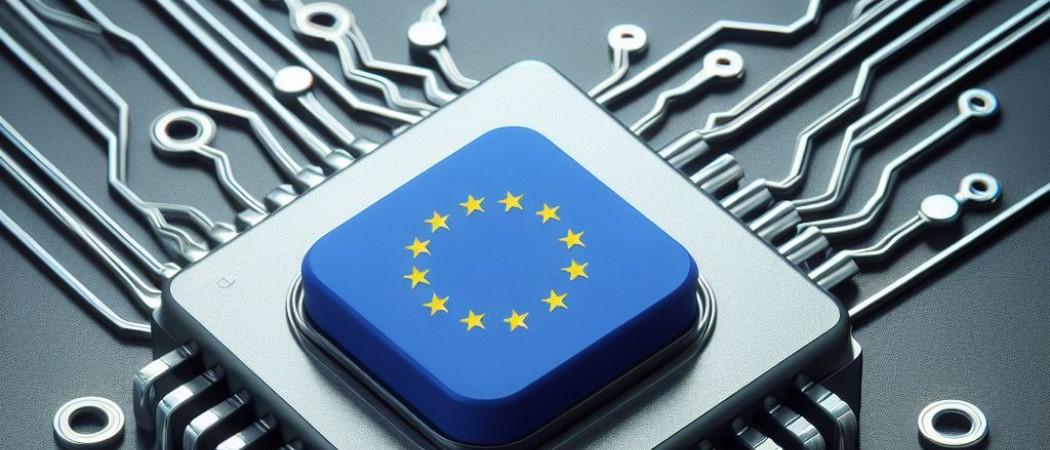The office will oversee compliance with the AI Act and foster development of trustworthy artificial intelligence systems

The European Commission has set up an AI office to enforce new rules on artificial intelligence systems and support innovation in AI.
The Commission announced it would establish the office in January, as part of a package of measures supporting European start-ups and SMEs to develop AI models.
After long negotiations, the Parliament and Council reached agreement in December on the AI Act, the world’s first comprehensive legislation to regulate the technology. Member states have approved the text and the Parliament is expected to vote on the deal in its April plenary.
The AI office embodies the European Parliament’s idea of having EU-level governance of the AI Act, rather than leaving oversight to member states.
The Commission put itself forward to house the new agency to allow for synergies with other regulations, notably the Digital Markets Act (DMA) and Digital Services Act (DSA), Roberto Viola, director general of Communications Networks, Content and Technology (DG Connect) told a conference hosted by the Digitaleurope industry association in Brussels last week.
The office will be part of DG Connect with a staff of around 100 people. It “will work with a platform where we have DSA and DMA teams, which also have plenty of experts in algorithms, and our supercomputing branch,” said Viola.
The rationale for the dual mandate of oversight and supporting innovation reflects the need “to always look at the two sides of the coin,” he said.
The AI Office will support governance bodies in member states and enforce the rules for general-purpose AI models. “This is underpinned by the powers given to the Commission by the AI Act, including the ability to conduct evaluations of general-purpose AI models, request information and measures from model providers, and apply sanctions,” the Commission says.
Responsibilities will include setting up advisory bodies to ensure a coherent application of the legislation across member states; investigating possible infringements; and preparing guidelines, implementing and delegated acts, and other tools to support the implementation of the AI Act.
The office will also promote home-grown artificial intelligence, including setting up ‘AI factories’ providing access to EU supercomputers, to enable training of large general-purpose AI models.
“We have a number of start-ups already using our supercomputers, but we also want large companies to be part of it,” Viola said.
The office will also monitor the GenAI4EU initiative, which aims to support the development of different applications of AI. “We have a number of verticals where we will actually use and test generative AI,” said Violo, citing genomics, personalised medicine, climate modelling, and pharma, among others.
The AI Act becomes applicable two years after its entry into force, except for some specific provisions. Prohibitions will apply after six months, while the rules on general-purpose AI will apply after 12 months.
In the meantime, the Commission will launch an AI pact, calling on developers from Europe and elsewhere to voluntarily commit to implementing key obligations of the AI Act ahead of the legal deadlines.





 A unique international forum for public research organisations and companies to connect their external engagement with strategic interests around their R&D system.
A unique international forum for public research organisations and companies to connect their external engagement with strategic interests around their R&D system.